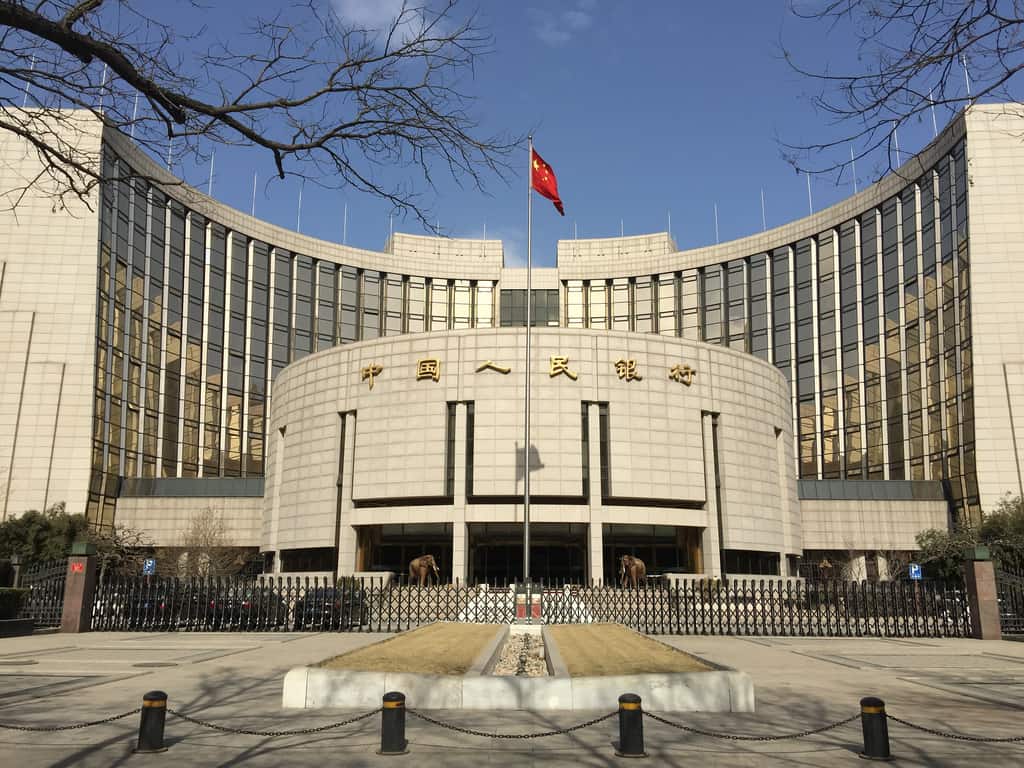A leading analyst says the Chinese central government is likely to coordinate fiscal and monetary policy to enable the economy to sustain its recovery from the adverse impacts of the COVID-19 pandemic.
On 14 February Premier Li Keqiang convened a regular meeting of the State Council, outlining measures to “expedite the stable growth of the industrial economy and bail out the development of special, beleaguered segments of the services sector.”
“At present the industrial economy’s stable recovery remains uncertain, and some parts of the services sector are challenged due to the impacts of the pandemic,” said the State Council.
“In the near-term we have seized the opportunity to unveil measures, and expand the vigour of support.”
These measures will include strengthening and guidance of financial services and driving declines in the overall financing costs of enterprises, with the Chinese central bank providing funds to support financial inclusion micro-loans and pushing for rapid growth in medium and long-term loans for the manufacturing sector.
Zhou Maohua (周茂华), macro-researcher with China Everbright Bank’s financial markets department, said that the central government will coordinate fiscal and monetary policy to keep the economy on an even keel.
“When it comes to policy, coordinated effort is of the utmost importance,” said Zhou to the official media outlet of China’s financial regulatory agencies.
“Domestically we should adopt a combination of active fiscal policy and stable monetary policy, as well as alleviate the difficulties of the real economy and drive balanced and sustainable economic growth on the basis of other industrial policies.”
Zhou sees the extension of financial support policies that focus on the growth of small businesses and alleviating their financing challenges.
“In recent years, the central bank has adopted a series of measures to support the development of micro and small-businesses,” said Zhou, pointing in particular to reductions in the required reserve ratio and interest rates, as well as the launch of new financial products and channels for small businesses.
“The full year weighted average interest rate for enterprise loans was 4.61% in 2021, for the lowest level in more than 40 years of reform and opening,” he said.
“Under the precondition of no ‘irrigation-style flooding,’ these measures will effectively resolve operating pressure on micro-and-small enterprises, stabilise growth confidence, and play a major role in stabilising employment, evening out the balance of payments, and craating a financial environment that is apt for reforms.”




